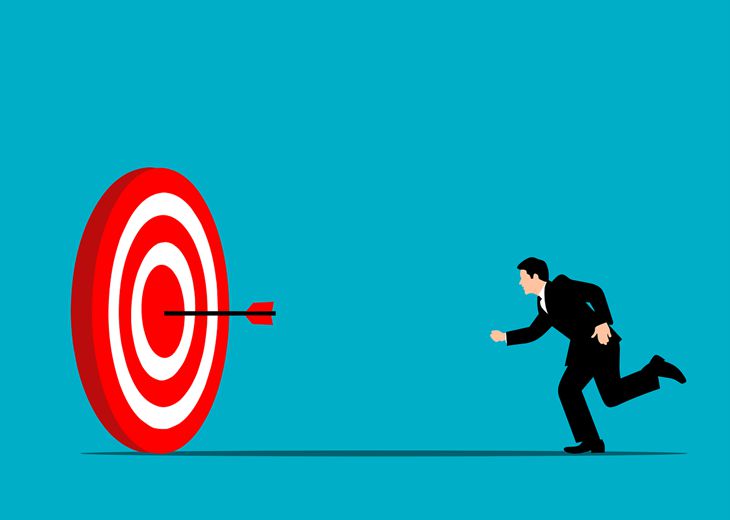You promised to start running on Monday, but the couch won again? Perhaps it’s not your weak character that’s to blame, but… your brain.
Researchers from the University of British Columbia have discovered that dopamine, a hormone that we are accustomed to considering the “pleasure hormone,” is responsible for apathy and procrastination.
But when its level drops, it turns into a "laziness hormone." The good news is that it can be "reprogrammed." We'll tell you how to do it.

How did dopamine become a "traitor"?
Dopamine drives motivation, not pleasure. Its job is to push you to take actions that will bring you a reward. But when the system fails, the brain stops seeing the point in the effort.
What scientists have proven:
In a 2023 experiment (Nature Neuroscience), participants with low dopamine levels chose easy tasks even when difficult ones offered greater rewards.
Chronic stress and sleep deprivation reduce the sensitivity of dopamine receptors by 30-40% (Journal of Neurochemistry, 2021).
How does this work:
1. The brain evaluates the “cost” of effort and the possible reward.
2. With a dopamine deficiency, the effort seems too great and the reward is insignificant.
3. Result: “I’d rather lie on the couch.”
3 Ways to Cheat the "Laziness Hormone"
Break your goals into "dopamine microdoses"
The brain refuses to take on a big project because it doesn't see an immediate reward. Create artificial "mini-rewards."
How to use:
Divide the task into 15-20 minute stages.
After each stage, there is a small incentive: a cup of coffee, a walk, a like on a social network.
This way you “trick” your brain into getting dopamine for small victories and wanting to continue.
Research: Method increases productivity by 52% (Frontiers in Psychology, 2022).
Start the "dopamine cascade"
Physical activity increases dopamine production by 30-50%. But how can you force yourself to move if you have no strength?
Lifehack:
Turn on your favorite track and dance for 2 minutes.
Walk up and down the stairs 3 times.
Do 10 squats.
Even microloads "reset" the dopamine system. After 15 minutes, you will notice a surge of energy.
A 5-minute workout has been shown to reduce perception of effort by 21% (Medicine & Science in Sports & Exercise, 2023).
Eat for dopamine, not against it
Lack of protein and fat reduces dopamine synthesis. But sugar and fast food give a short-term surge followed by a decline.
What to add to your diet:
Tyrosine: cheese, cottage cheese, turkey, lentils (stimulates the production of dopamine).
Omega-3: herring, walnuts, chia seeds (restore receptors).
Antioxidants: blueberries, dark chocolate (protect dopamine neurons).
Important: Coffee temporarily blocks the "brakes", but depletes dopamine. Do not exceed 2 cups per day.
What to do if the methods don't work?
Sometimes illnesses are hidden behind apathy:
Hypothyroidism: Low thyroid hormones slow metabolism and reduce dopamine.
Depression: disrupts the balance of neurotransmitters.
Get checked if:
The condition lasts longer than 3 weeks.
Loss of interest in everything, including hobbies and socializing.
The "laziness hormone" is not a death sentence. It is a mechanism that can be reconfigured. Start with 5-minute activities, break your work project into steps, and add tyrosine to your menu. In 2-3 weeks, your brain will start to see the point in your efforts — and the couch will no longer be your boss.
Dopamine loves progress, not perfectionism. Better to do 50% than 0%.








